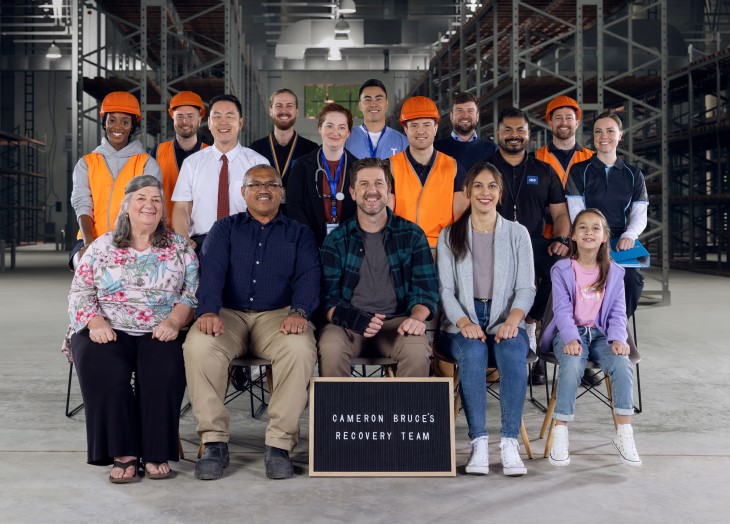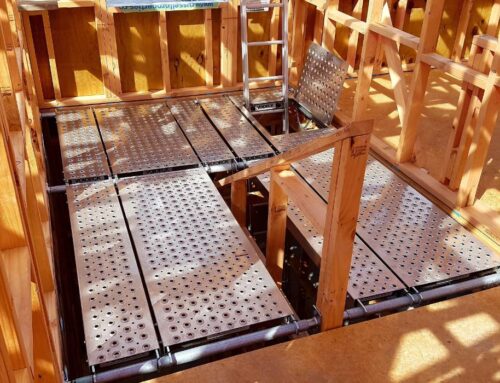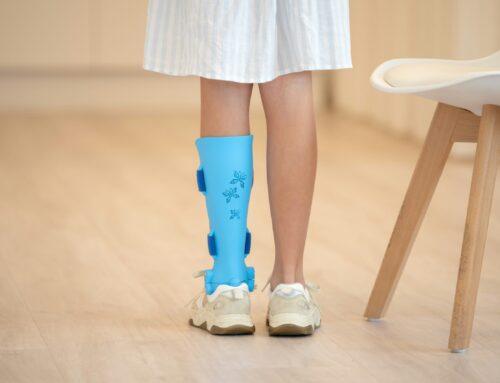ACC has selected Key Skills to help trial a new national approach to injury recovery, and we’re genuinely excited about it!
Why? Because the old system’s a bit broken.
Too many people get injured, go off work, and never come back. That’s bad for them, bad for employers, and bad for industries already desperate for skilled workers.
In 2024 alone, more than 18 million workdays were lost due to injury. That’s not just paperwork and shifts to cover, it’s lost momentum, team disruption, and experienced people slipping through the cracks.
Here’s the kicker:
- After 20 days off, your chances of getting back to work = 70%
- After 45 days = 50%
- After 70 days = 35%
The longer someone’s out, the harder it is to return. Every day counts.
Recovery at Work flips the script.
Instead of waiting for someone to be 100% recovered before coming back, this approach brings people in sooner – safely, with the right support and duties in place. It treats work as part of recovery, not the reward at the end.
And in our line of work, it makes a lot of sense. Assignments are often short-term, so if someone’s off too long, they can miss the window entirely. Many employers don’t feel confident offering light duties. Workers often feel they have to either push through pain or step back and risk losing the gig altogether.
That’s why we’re proud to be one of the few recruiters in New Zealand piloting this with ACC. Over the next six months, we’ll be helping injured workers reconnect with jobs safely, working with employers to identify realistic (not token) alternative duties, and figuring out what works in an industry that moves fast. We’re also giving ACC honest, on-the-ground feedback so that when this rolls out nationally, it’s built on reality, not theory.
Want a real-world example?
Say you’ve got a tradie who’s injured their shoulder and can’t lift or climb. They’re keen to stay active but obviously can’t go back on the tools. Instead of losing them completely, we might build a plan with:
- Daily wellbeing check-ins
- Modified duties like site admin, tagging gear, or H&S checks
- A clear timeline for reassessment
- Payroll and ACC all looped in
They stay engaged, morale stays up, and when they’re fully cleared, they’re ready to roll – not starting from scratch.
Or take Zoe.
She fractured her knee doing a birthday TikTok (we’ve all made choices). Her medical cert said “unfit for work” – but when she asked what was actually possible, it changed everything. With her employer’s support, she stayed connected, stayed paid, and had a much smoother recovery.
You can read her full story here.
The biggest mistake we see employers make? Waiting it out. Not checking in. Not offering light duties – often just because they don’t know what’s possible.
That’s where good systems, and good partners, make a difference.
We’re proud to help lead this change. If you’ve got someone injured now, or just want to understand how it all works, get in touch — we’ll walk you through it.
This post first appeared in Hire Wire, our free monthly newsletter on smarter hiring and all things in construction, engineering and manufacturing recruitment. Subscribe here or get in touch if you want to talk through anything you’ve read.






